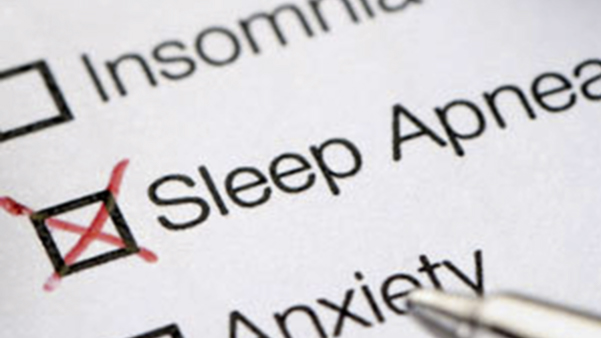Va Sleep Apnea Secondary Conditions
conditions secondary sleepSleep Apnea secondary to Allergic Rhinitis. The veteran can then argue that their weight gain which is linked to their service-connected condition caused sleep apnea thereby establishing secondary service connection.

How Do I Get A 100 Percent Va Disability Rating Va Disability Disabled Veterans Benefits Veterans Benefits
In fact veterans are a shocking four times 4x as likely to have Sleep Apnea compared to the general population.

Va sleep apnea secondary conditions. Sleep Apnea secondary to Back Pain. Sleep apnea can cause veterans to wake up tired and irritable. Active duty military members have been shown to be more susceptible to sleep disorders such as sleep apnea.
If you have a service-connected injury or disability that ultimately caused sleep apnea your sleep apnea could potentially qualify for secondary service connection. We know that sleep apnea can be caused or related to other conditions common to Veterans but what about the conditions sleep apnea causes. There are a number of conditions that can get you a secondary service connection for a sleep disorder.
Sleep Apnea secondary to Amyotrophic Lateral Sclerosis ALS Sleep Apnea secondary to Anxiety. A medical diagnosis of sleep apnea confirmed by a sleep study in VA medical records or private records sleep study in past 12 months. Parkinsons Disease and many other conditions can also cause sleep apnea and other sleep disorders.
Rhinitis is a known aggravator of sleep apnea. Studies show that regardless of weight age sex or race sleep apnea symptoms are associated with the onset of depression. Many veterans with sleep apnea develop depression.
For example a veteran is taking a medication for their service-connected psychiatric condition and this medication causes weight gain. If you are service-connected for a mental health conditionsuch as PTSDDepressionAnxiety. One medical research study assessed the reported prevalence and severity of sleep disturbance in chronic tinnitus patients.
This requires that the secondary disability be proximately caused by or proximately aggravated by another service-connected disability. Veterans with both conditions are often able to service-connect both conditions and receive a VA chronic rhinitis rating and VA sleep apnea rating at the same time. By law there are three evidentiary elements that must be satisfied for sleep apnea secondary conditions to prove secondary service connection.
PTSD anxiety and depression can all cause insomnia nightmares sleep terrors and other sleep disturbances. The most common primary condition linked to sleep apnea as a secondary condition is PTSD. Sleep Apnea secondary to Asthma.
A showing of causation requires that the secondary disability be shown to be proximately due to or the result of a service-connected disability. As you do so keep in mind that sleep apnea is considered a secondary condition to asthma. Sleep Apnea Secondary to GERD VA Disability Service connection on a secondary basis requires a showing of causation.
Rhinitis can be linked to microarousals and sleep fragmentation which can worsen sleep apnea. Inconsistent sleep over a period of time can wear down a person and cause mental health conditions. Sleep Apnea can be rated secondary to Tinnitus at 0 30 50 or 100.
If you are looking to prove a service-connection on a secondary basis you will have to prove causation. The causes of sleep apnea in military members and Veterans can be related to toxin exposure such as smoke from burn pits trauma both physical and mental weight gain secondary to disabilities that prevent exercise among other things. Sleep Apnea secondary to Atrial Fibrillation.
Medical Evidence to Prove Sleep Apnea VA Disability Is Linked to Another Service Connected Disability. You can secondary-service connect sleep apnea. Heart Disease Sleep Apnea.
If you are service connected for COPD or other serious respiratory conditions you can secondary service connect sleep apnea. As mentioned before this is because people suffering from asthma will often develop new-onset sleep apnea symptoms meaning that if the two are linked asthma is the primary condition. List of 50 Sleep Apnea Secondary Conditions.

